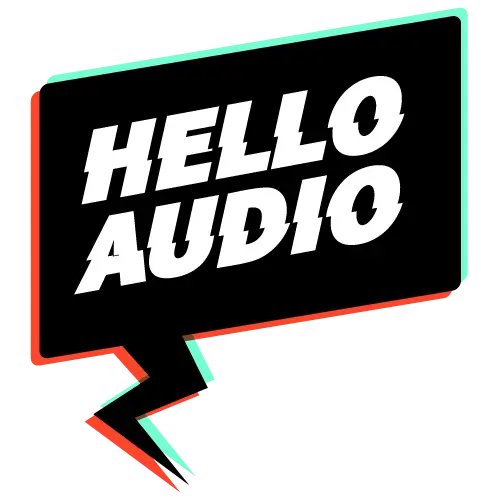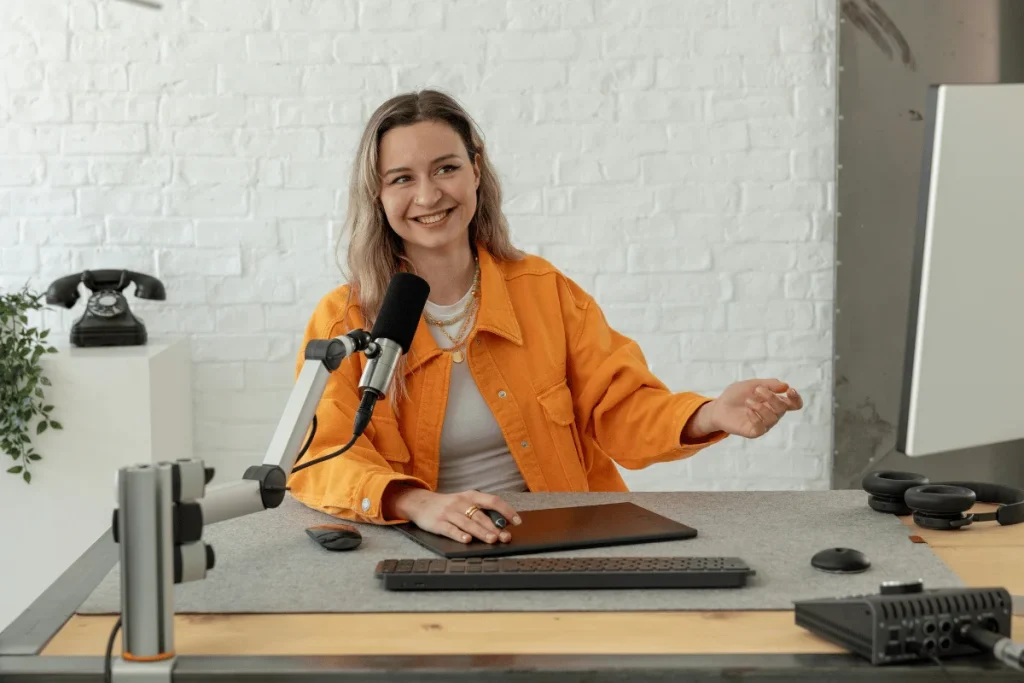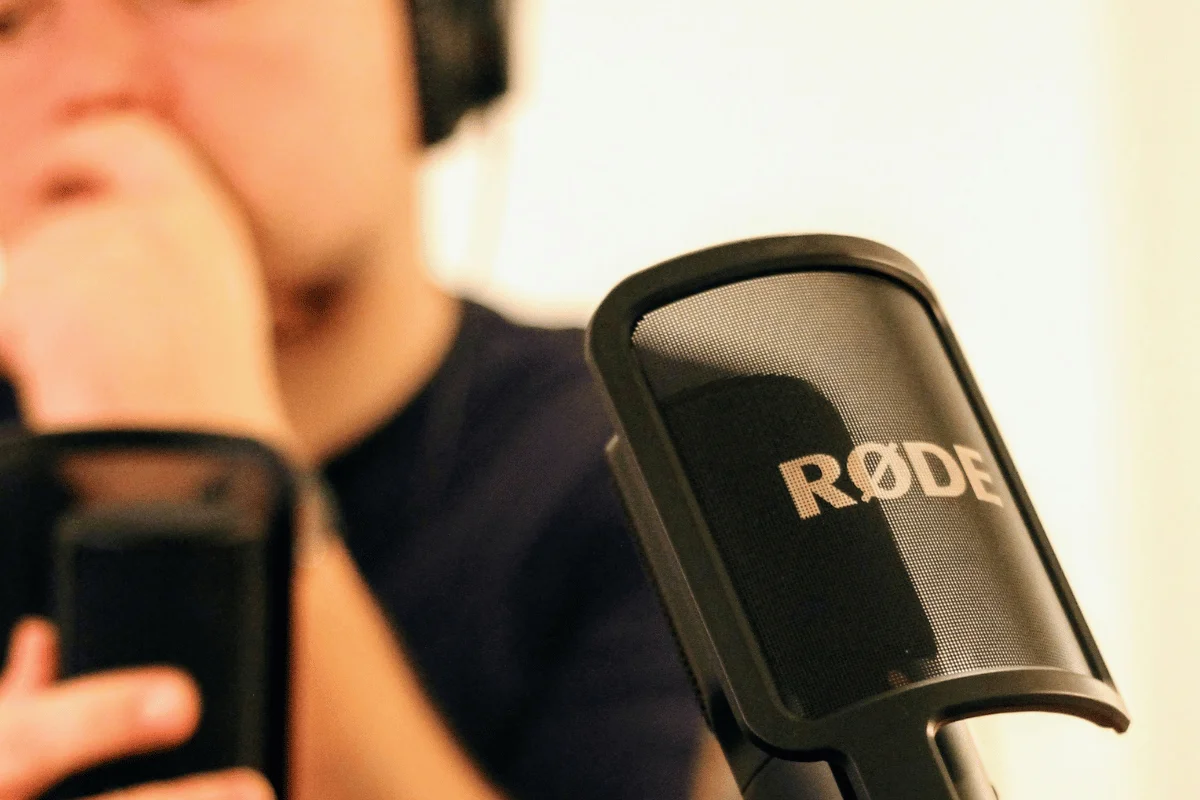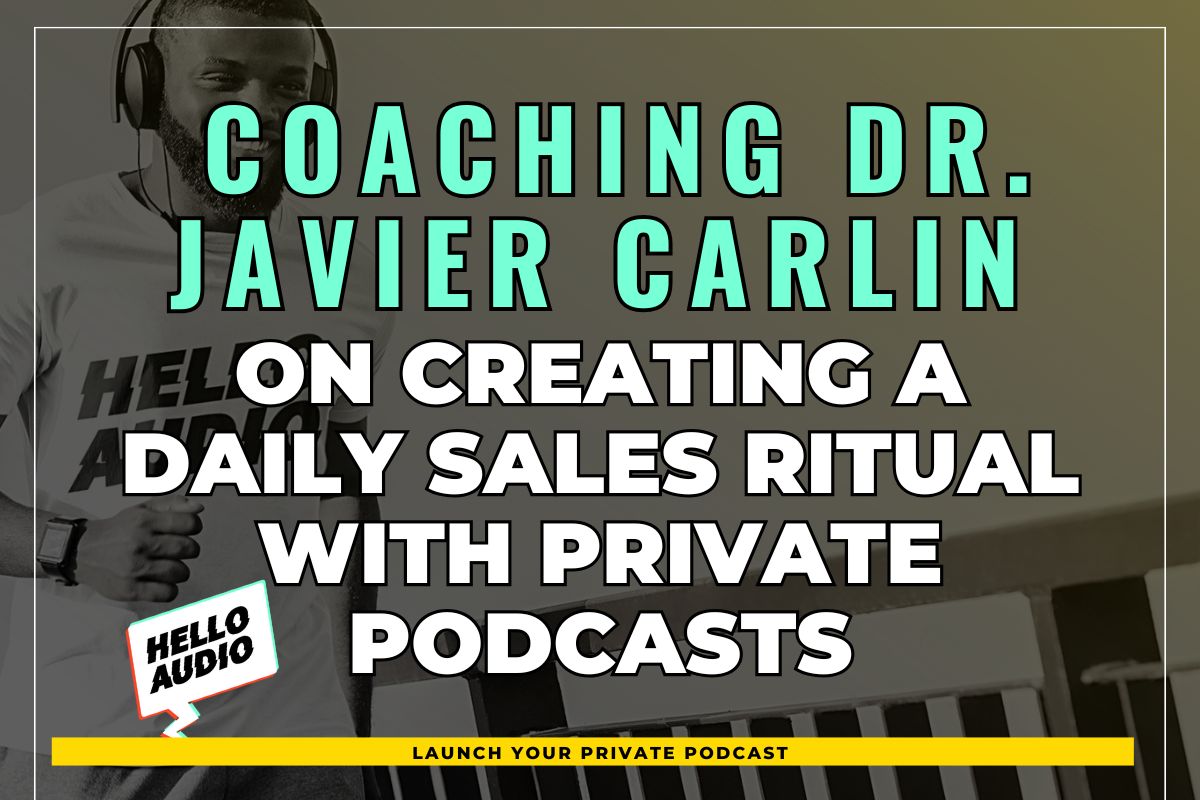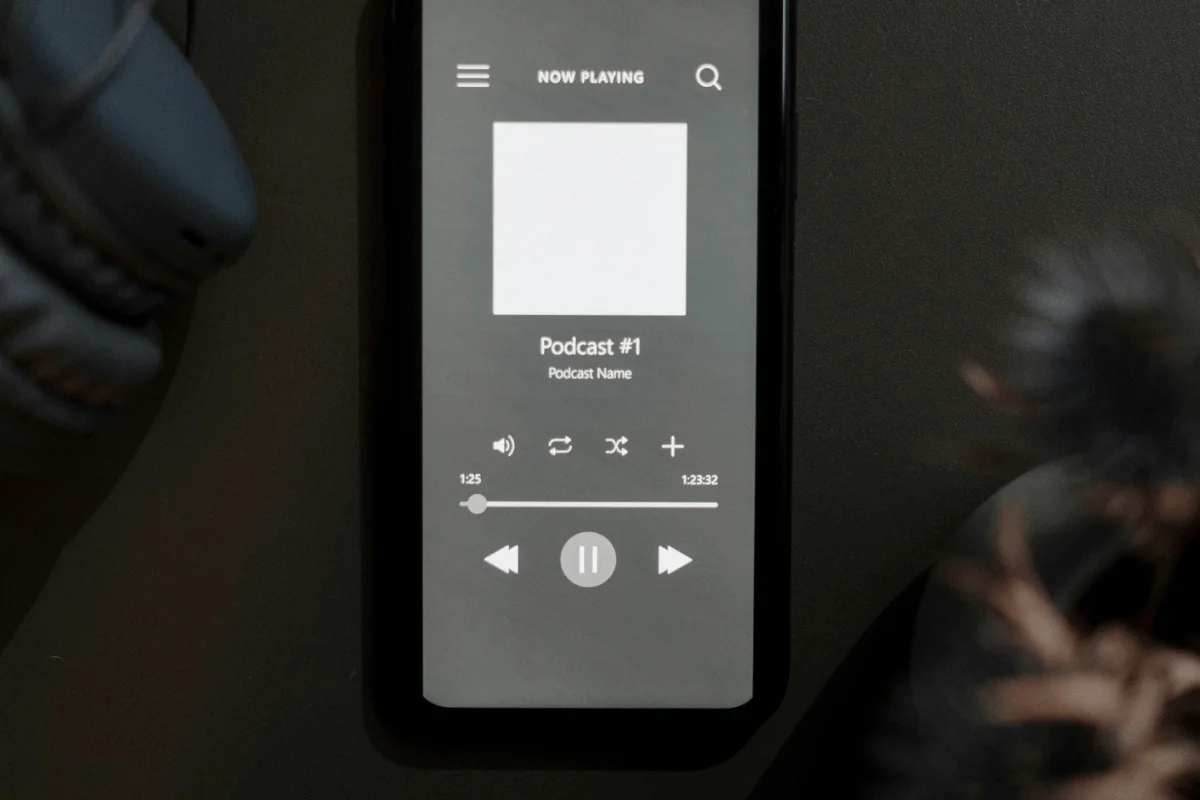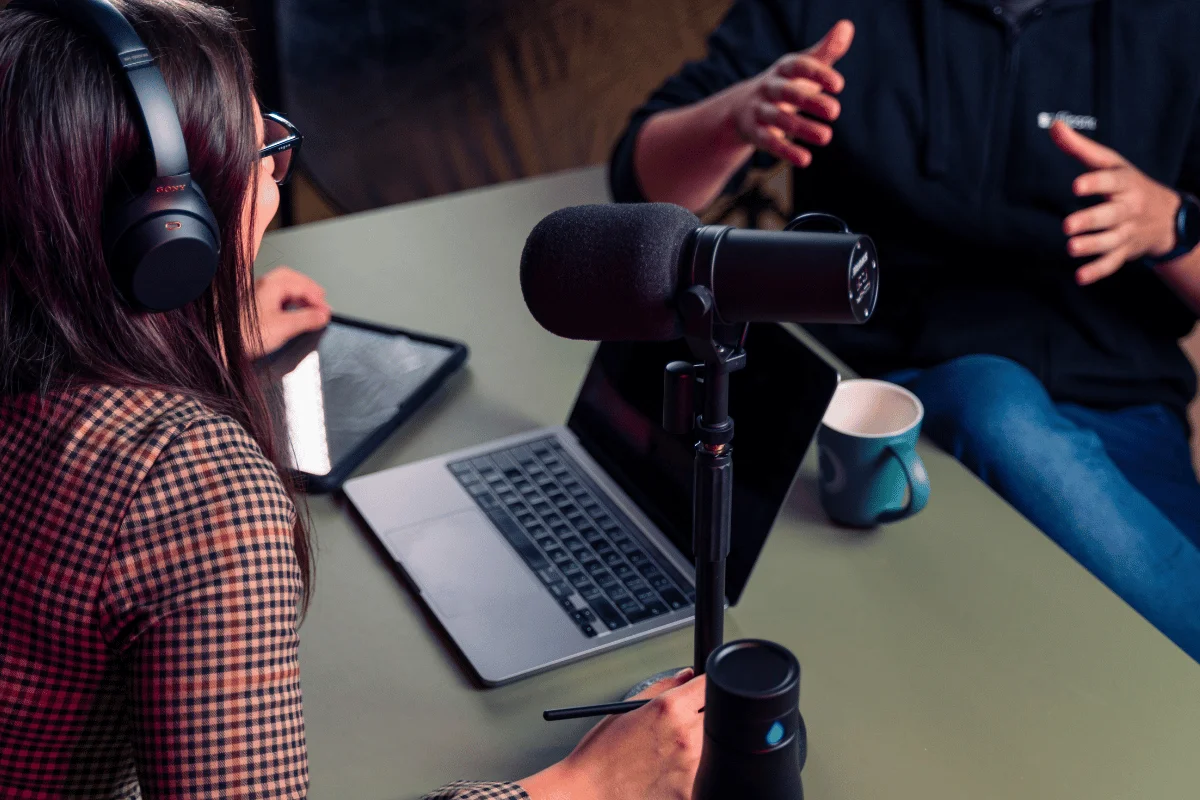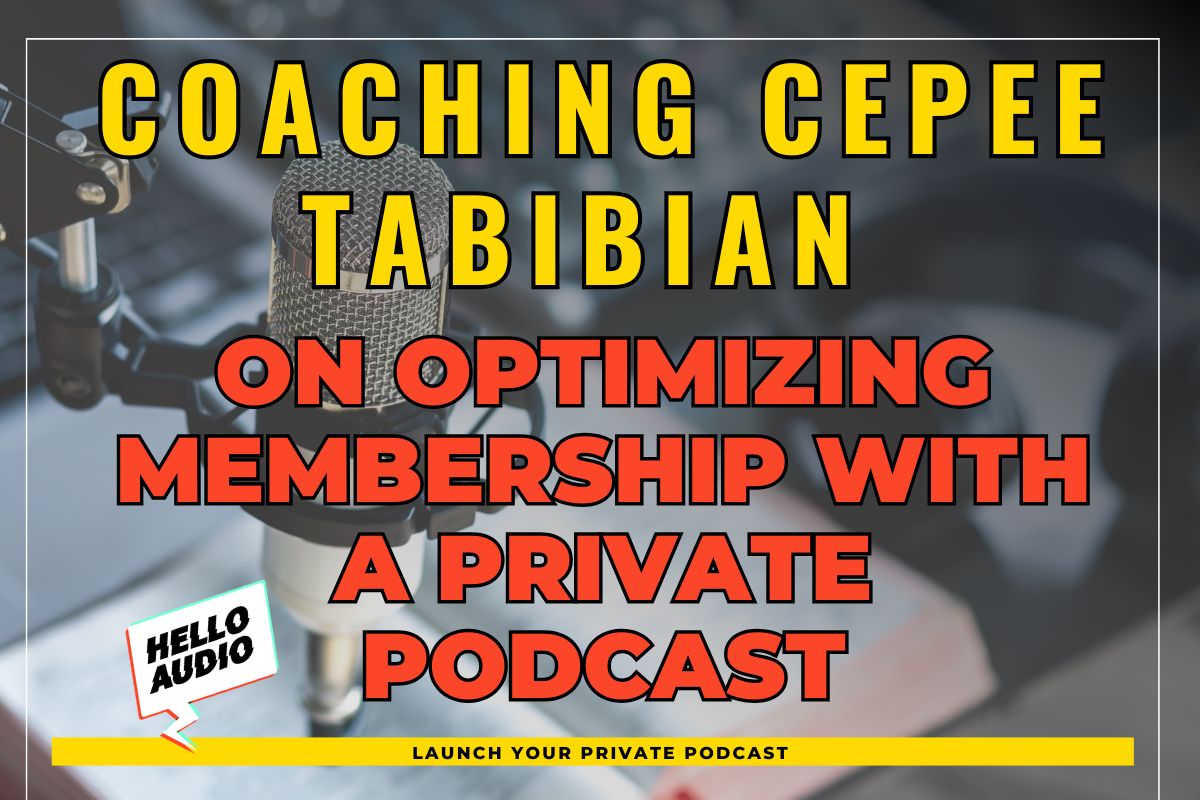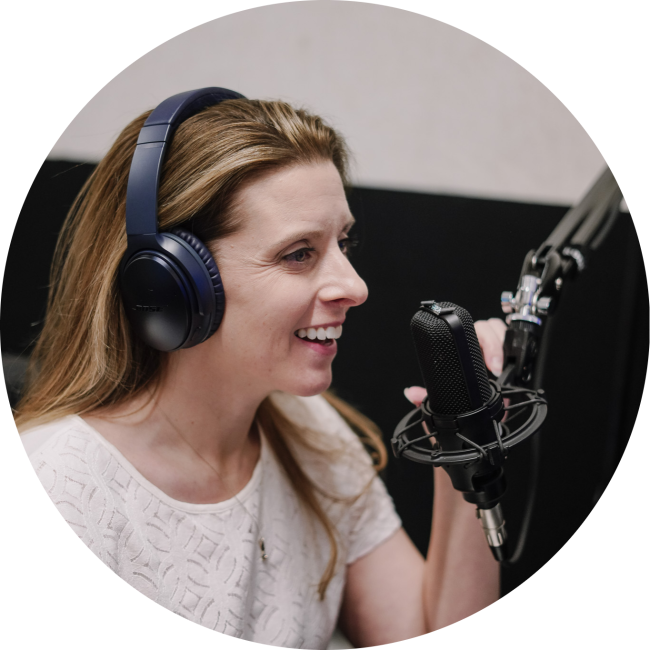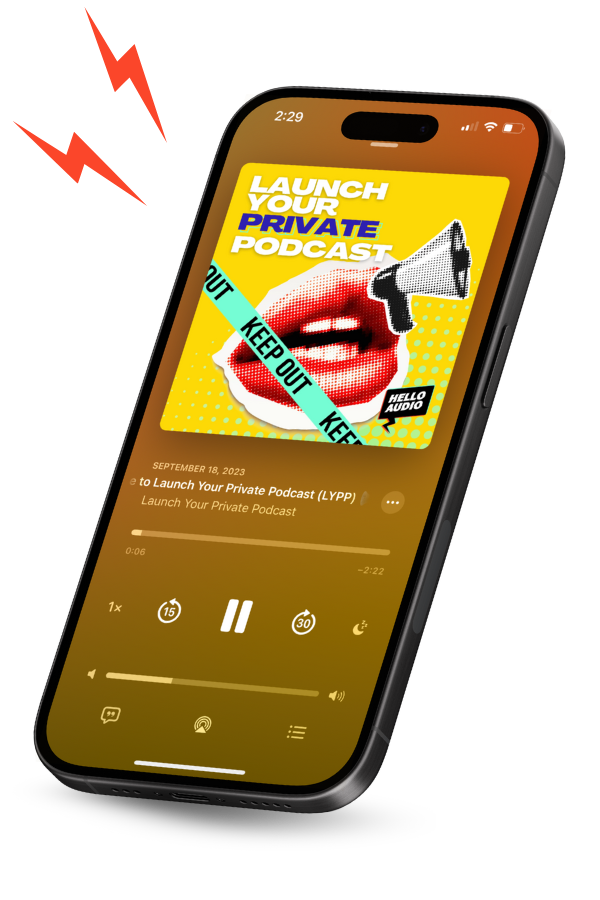Statista reported that nearly 70 million Americans listened to podcasts, a number that is estimated to grow to 110 million by 2029.
These stats show there has never been a better time to start private podcasting. Launch your private audio feeds to build an active community, boost revenue, and attract prospects.
While creating a private podcast from scratch can be daunting, our tool simplifies the process.
With Hello Audio, you can repurpose existing audio (and video) content into private podcasts and deliver them to your audience’s preferred podcast directory, like YouTube Music and Spotify. Our tool also lets you enjoy advanced analytics and monetize your podcast.
Try our free trial to create, edit, manage, and monetize your private podcasts!
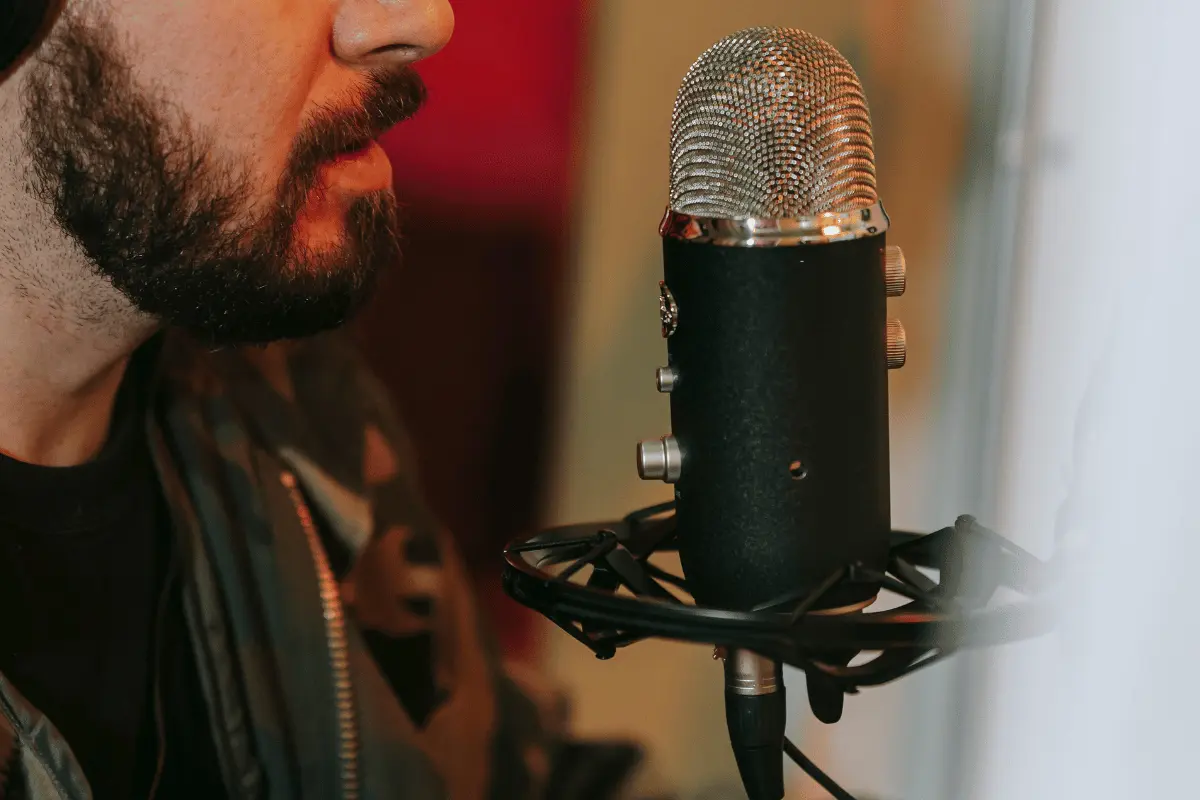
What is a Private Podcast?
From its name, a private podcast is, well, private.
Unlike public (or traditional) podcasts, which are accessible to the general public, private audio feeds are created for a limited, tight-knit audience and cannot be accessed by the public.
Private Podcasts vs. Public Podcasts
What’s the difference between public and private podcasts?
Private and public podcasts are very similar. They look and play in the same podcast apps.
However, the two have distinct differences that we’ll break down in the table below:
| YouTube’s Creator Studio is easy to learn and use. The Creator Studio is free. | Unsuitable for audio-only content. YouTube earnings vary greatly based on the type and number of ads, which entices some creators to spam their content with ads. Doesn’t provide advanced content editing tools needed by professional creators. |
Common Uses and Benefits of Private Podcasts
Private podcasting has many uses and benefits, whether for educational, professional, or personal use:
Common Use Cases
Let’s highlight some of the use cases:
- Practical Employee Training: Businesses can adopt private podcasts to revolutionize employee training, from onboarding to sharing company news and streamlining training sessions.
- Streamline Remote Work: Private audio feeds bridge time zones, allowing you to stay connected with a global team, keep them informed, and hold internal meetings.
- Improve Online Learning: You can deliver lessons or supplementary materials through private podcasts, enhancing your listener’s learning experience.
- Update Customers: You can share the latest product features and customer news with your existing customers, offering a more engaging way to keep them up-to-date.
Benefits of Private Audio Feeds
Here are the benefits of podcasting private feeds:
- Increased Audience Engagement: A private podcast allows you to speak directly to your listeners and build stronger relationships with them.
- Secure Content Sharing: You can securely distribute content for exclusive members or training sessions through unique listener links. You can also control who can access and listen to your content.
- Monetize Private Podcasts: Once you build a loyal audience base, you can monetize private podcasts by offering subscriptions, selling merch, and featuring products.
Quick Tip! Check out our success stories of clients who have used our tool to leverage the benefits of private podcasts.
Take Lisa DeLugo, for example. She enhanced her coaching courses by creating a 1:1 experience through private podcast feeds.
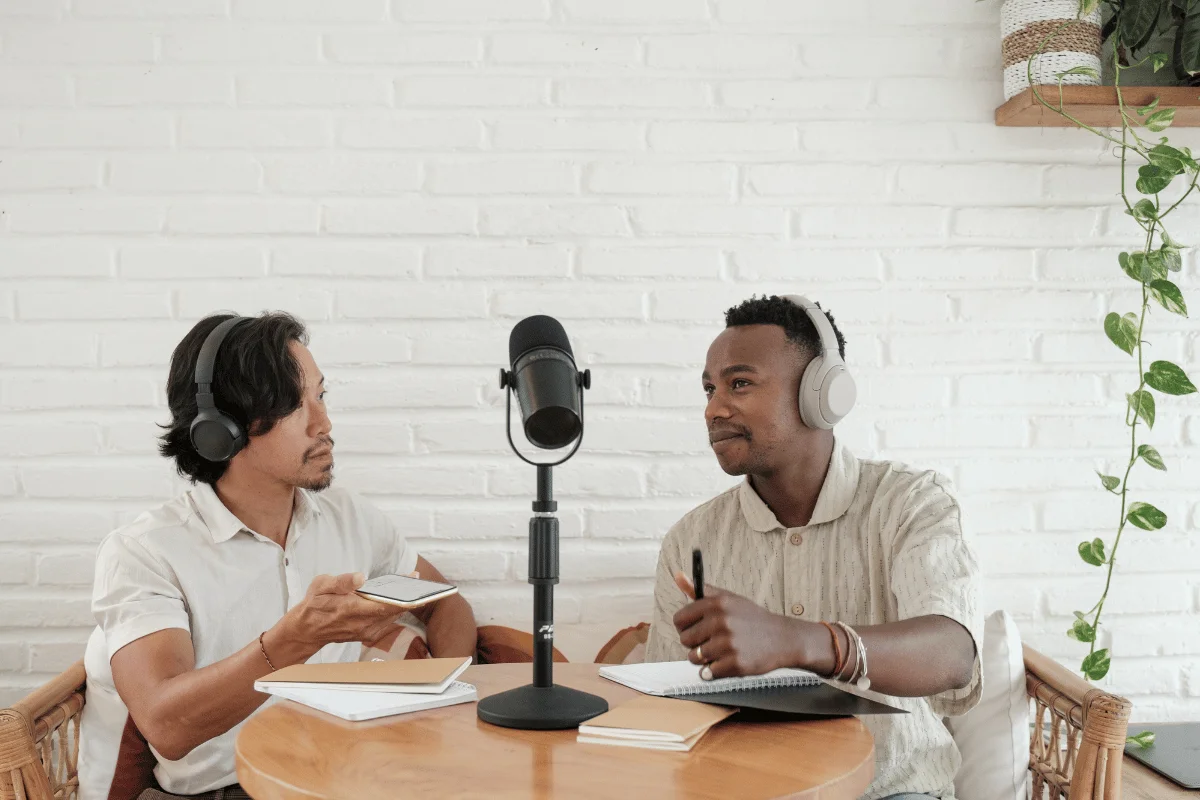
How to Make a Private Podcast for Free
Thanks to our platform, making private podcasts is hassle-free.
Here’s the step-by-step process to create exclusive podcast content for free:
Step 1: Sign Up for Our Free Trial
Sign up for our 7-day free trial (no credit card required) using your name and email address to start creating and managing your private audio feeds.
Step 2: Create a New Feed
Next, click ‘create your feed.’ You can either opt for a private or public feed.
For this case, hit the ‘create private’ section.
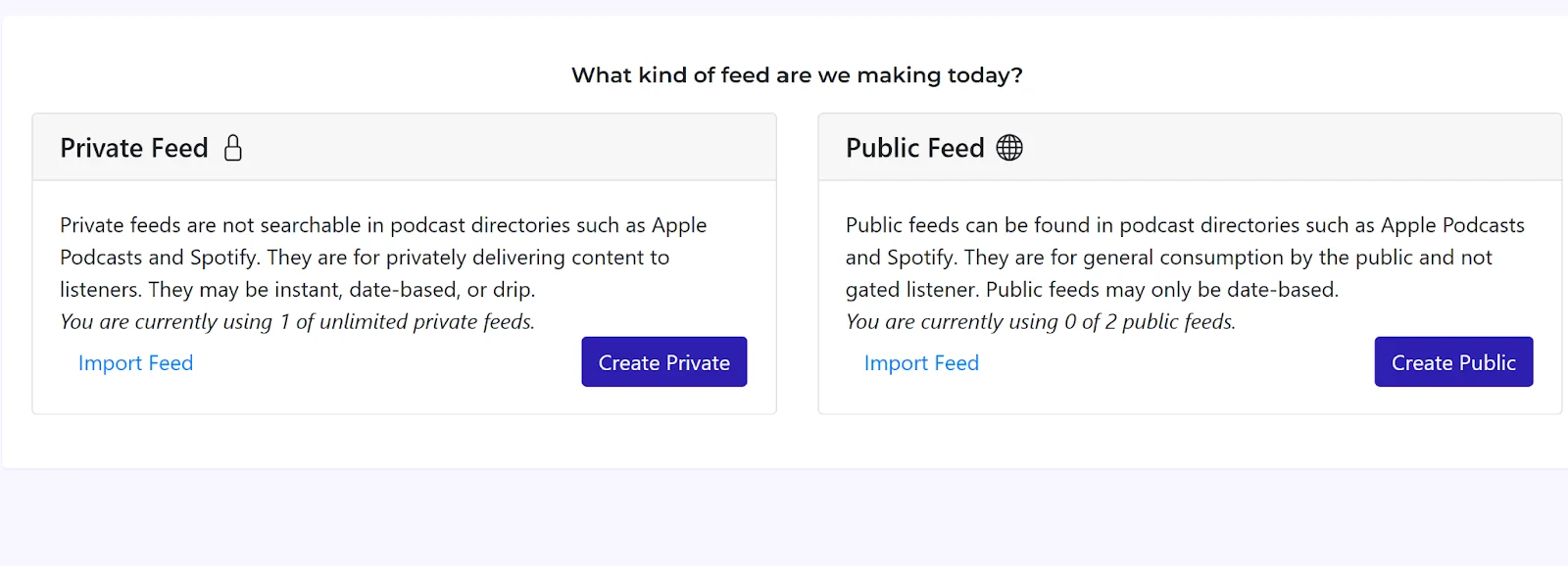
Step 3: Drag and Drop Existing Content
You don’t need a fancy studio or pricey equipment to get started on your podcast.
You can repurpose your existing content by dragging and dropping your media files, including webinars, TikTok videos, and call recordings. Our platform will convert it into MP3 private audio feeds.
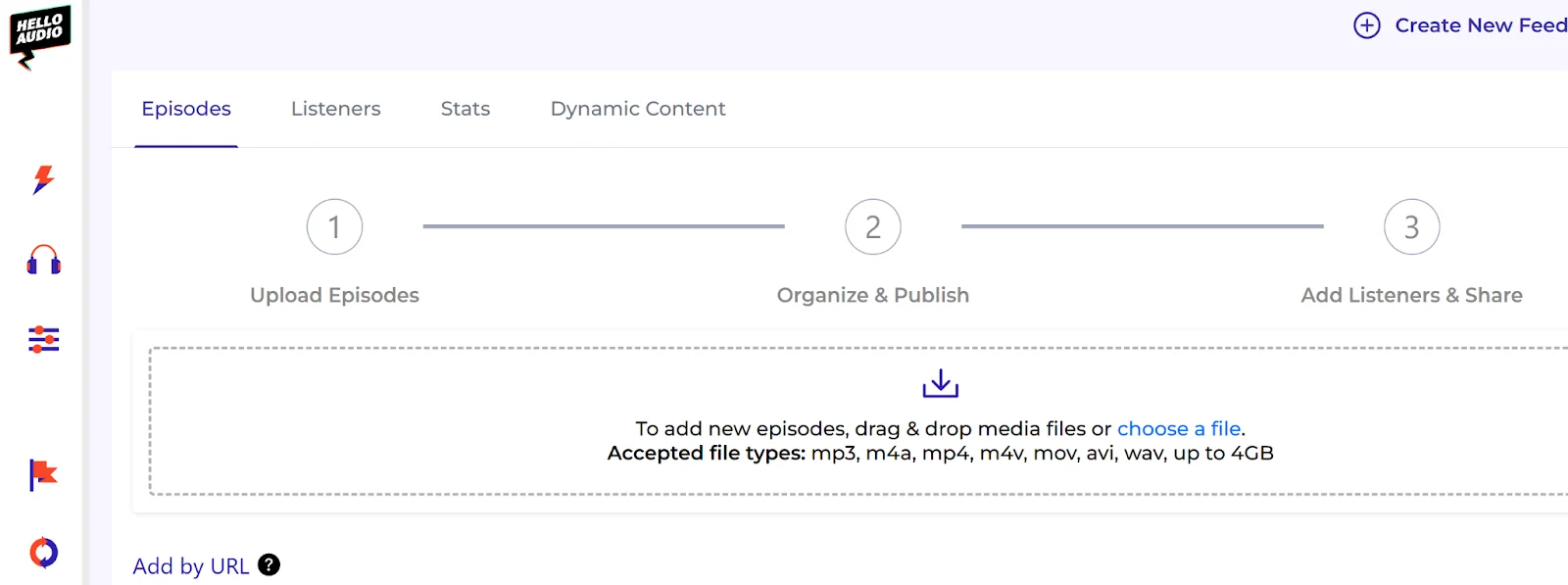
Step 4: Edit and Transcribe Your Content with Our AI Tools
No need to sweat over transcribing or editing!
Our platform has an audio remastering tool powered by Dolby.io to enhance the overall sound quality of your private podcasts.
Our tool also automatically adds a transcript of podcast to each episode, making your private audio feeds accessible to your listeners.
How to Distribute Your Private Podcast
The next step is to share your private podcast with your chosen audience.
You can do this in these four steps:
1. Create an RSS Feed
An RSS feed acts as your private podcast’s unique ‘address’ where all uploads are stored and ready for listeners.
Our tool can automatically create a podcast RSS feed.
2. Submit Your Podcast to Preferred Directories
Next, head on to your preferred podcast platform. Just to name a few, here are some of the apps our platform automatically distributes to:
- TuneIn
- iHeartRadio
- Amazon Music
- Apple Podcasts
- Spotify for Podcasters
- YouTube Music (previously Google Podcasts)
- Simplecast Creator Connect (formerly Pandora)
Once on your podcast app, create an account and log in. Copy (and paste) the URL from our platform to your chosen app’s ‘submit RSS feed’ section.
Usually, it takes a few days to get approved.
Note: Our distribution resource details all the steps to submit your RSS feed to these podcast-listening apps.
3. Start Publishing New Episodes
With your feed set up, you can write a quick description and show notes, then hit publish.
Each new episode will automatically upload to your preferred podcast directories — no extra steps needed.
4. Share the Links With Your Listeners
Finally, it’s time to share access links with your listeners. Our platform allows you to assign unique links to each listener. You can use our tool or a CSV download for your email platform.
Besides, our platform integrates with Zapier to automate adding listeners, sharing subscribe links, adding tags, and blocking listeners’ access.
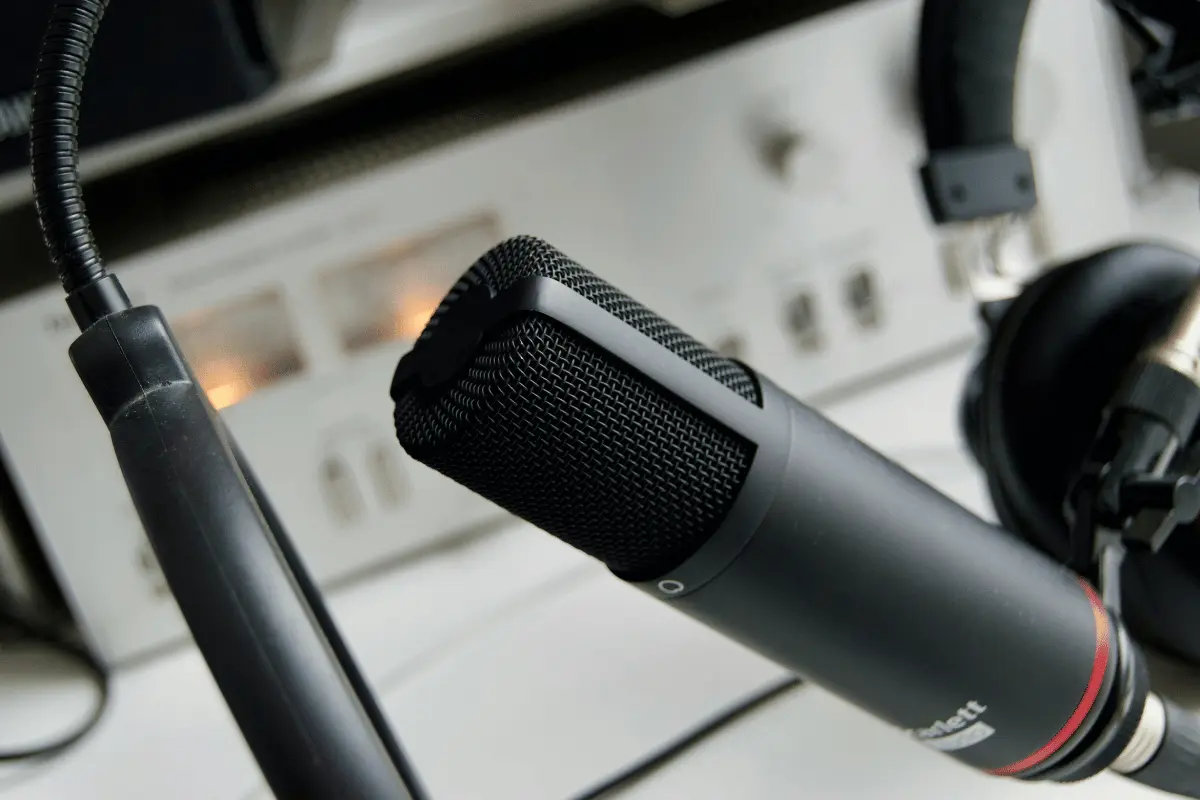
Tips for Growing Your Private Podcast Community
Wondering how to grow a podcast?
Check out our top 6 tips to build your community of private listeners:
1. Create Value-driven Content
Create a VIP experience around your podcast. Share personal stories to connect with listeners.
Make the conversations enjoyable and resonate with your listeners, keeping them yearning for more.
2. Develop a Content Calendar
Once you miss the release dates, recovering from the lost audience will be difficult. So, create a content calendar (and stick to it) to plan your topics, guests, and release dates.
Release new episodes regularly, create a rhythm that builds anticipation, and keep the audience excited for what’s next.
3. Use Social Media
Your listeners are likely using social media platforms. You can capitalize on those channels to update and interact with them about new episodes.
Remember to create short clips and infographics to match each platform’s requirements.
4. Ask for Feedback
The key to growing your listener base is keeping them engaged. Ask them to share thoughts, suggest topics, and ask questions.
Your listeners often tell you what they want to hear, what you can emphasize, or what to leave out.
5. Partner with Other Podcasters
Collaborate with experts in your niche who have an online presence and are more likely to impress your audience. The right guests can add a fresh perspective to your show, prompt more listeners to tune in, and boost your downloads and engagement.
Also, be a guest on other podcasts and introduce your show to their community.
6. Measure Success
Another tip to grow your listenership is to know what works and what doesn’t.
Track podcast metrics like your ratings, listens, downloads, and feedback from listeners, and adjust your strategies accordingly.
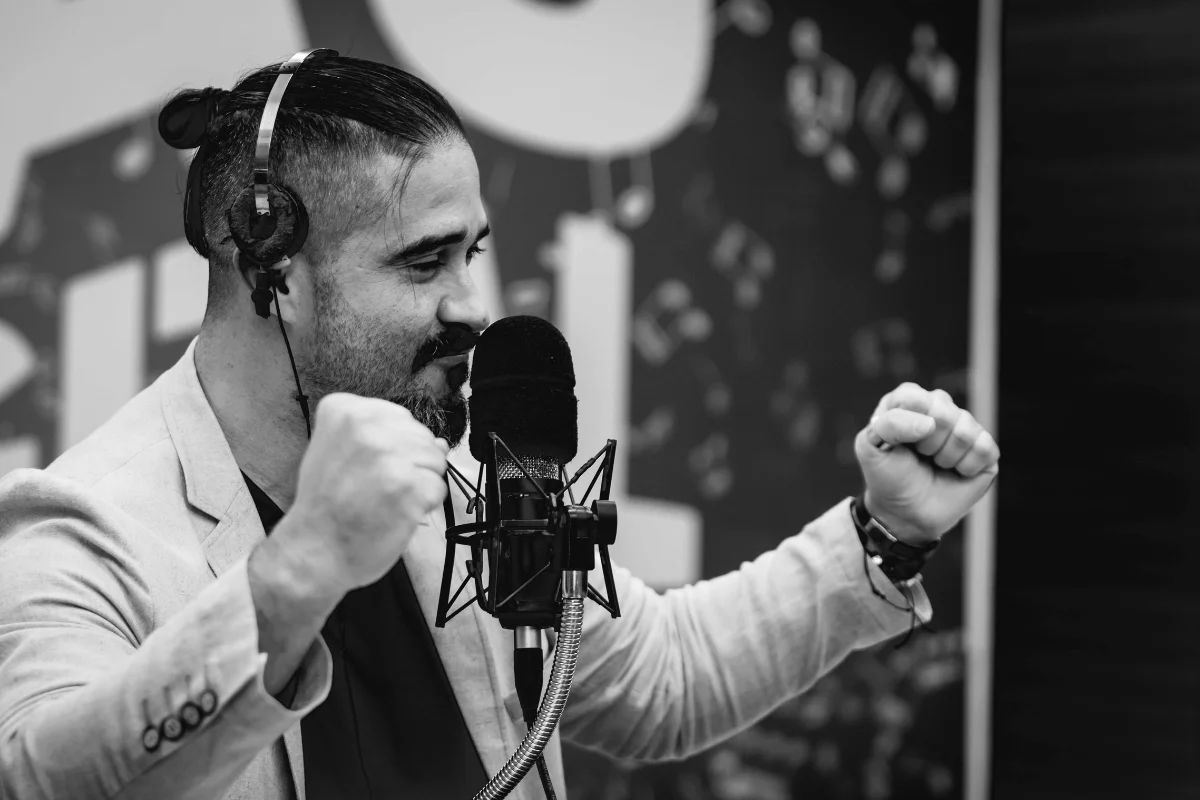
Challenges to Avoid When Creating a Private Podcast
You might think podcasting is easy—just hitting record, talking about a topic, and uploading it. However, it’s not always smooth.
Some of the top 5 mistakes to avoid when creating your show are:
- Expecting Immediate Results: Your podcast won’t blow up overnight and become an instant success. Building a loyal listener base for your private podcast takes time, persistent effort, and consistency.
- Overediting: A common mistake is overediting your podcast and removing all the ‘ums’ and pauses, which makes your podcast unnatural and unrelatable.
- Not Choosing the Right Hosting Solution: Most free hosting plans lack advanced tools and features, such as generating automated RSS feeds and unique listener links.
- Inconsistency: It’s hard to release podcast episodes consistently. You might be tempted to skip a week or two. Life happens, and you might hit creative slumps.
- Lack of Research and Prepping: Nothing quite kicks you off your podcasting game like running out of ideas, losing focus, or repeating yourself.
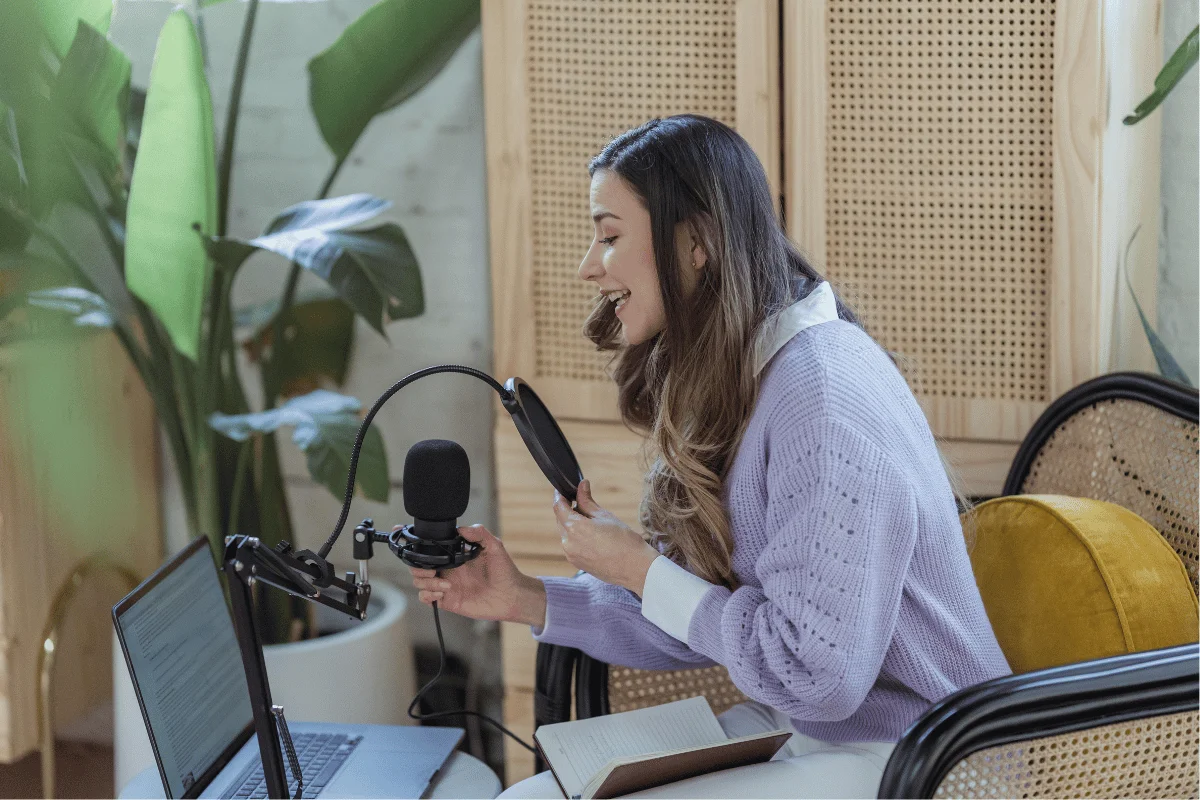
Frequently Asked Questions (FAQs)
Have more questions?
Below, we have answered the frequently asked questions about private podcasting:
Can You Monetize a Private Podcast?
Absolutely! A private podcast allows you to build a community and obtain sponsorships.
Here are 4 common ways to monetize a podcast:
- Earn commission through affiliate marketing.
- Charge listeners for access to premium content.
- Sell merchandise related to your show.
- Feature sponsorships and ads.
Our platform lets you earn revenue through all these ways and allows you to collect payments on Stripe.
How Can You Ensure Your Private Podcast Remains Secure?
There are several ways to secure your private podcast:
- Secure private podcasts with SSO login
- Perform regular security audits
- Control access through the hosting solution
- Use authentications and access restrictions
- Get notifications on data breaches
Our platform has implemented security measures such as restricted private RSS feeds, notifications on suspected security breaches, access controls, and unique link generation.
Do I Need to Have a Website to Create a Private Podcast?
No, you don’t need a website to create a private podcast.
Our platform makes creating private podcasts from existing media files, such as Zoom call recordings, easy. You can then automatically publish your private audio feeds.
Are there Any Limitations to Using Free Hosting Services for Private Podcasts?
Although free podcast hosting services are excellent if you’re on a budget, they:
- Offer limited storage space
- Restrict the number of listeners
- Lack monetization capabilities
- Lack of customization options
While our tool allows you to automatically convert video (and audio) to private podcasts on our free trial, upgrading to our paid plans has many perks.
You can host unlimited episodes, add unlimited listeners, apply your brand colors, customize the embeddable player, get premium support, and create unlimited private podcasts.
Conclusion
And that’s a wrap!
A private podcast is a fun, effective way to share your ideas and keep listeners informed. Follow the tips we’ve shared, test things out, and adjust your approach as you go.
Hello Audio is designed to convert your existing content into engaging, entertaining private audio feeds. Our platform allows you to access listener stats and an embeddable podcast player.
So why wait?
Get started on our free trial — no credit card required, and launch your private podcast within a day.

